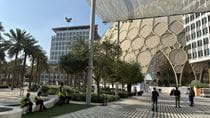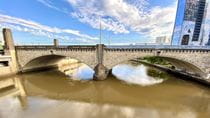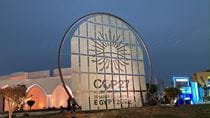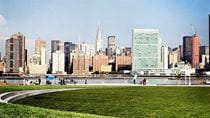Franco Montalto, PhD
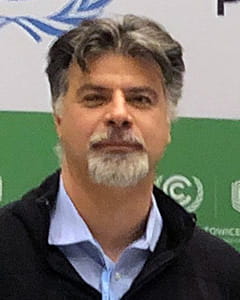
Montalto directs the Sustainable Water Resource Engineering Laboratory in Drexel's College of Engineering and he also serves as the director for the Northeast hub of the Urban Climate Change Research Network. He is an civil/environmental engineer and hydrologist with a background in applied and theoretical approaches to solving complex environmental problems. His research focuses on the development of ecologically, economically and socially sensible solutions to urban environmental problems with a focus on sustainable water resource engineering.
He has more than 20 years of experience in eco-hydrological research, planning and design projects. Some of them include the restoration of wetlands, the use of constructed wetlands for wastewater and stormwater treatment, construction of green infrastructure and creating low-impact development technologies.
Related from the Drexel News Blog
In The News
Related Articles
Drexel News is produced by
University Marketing and Communications.

